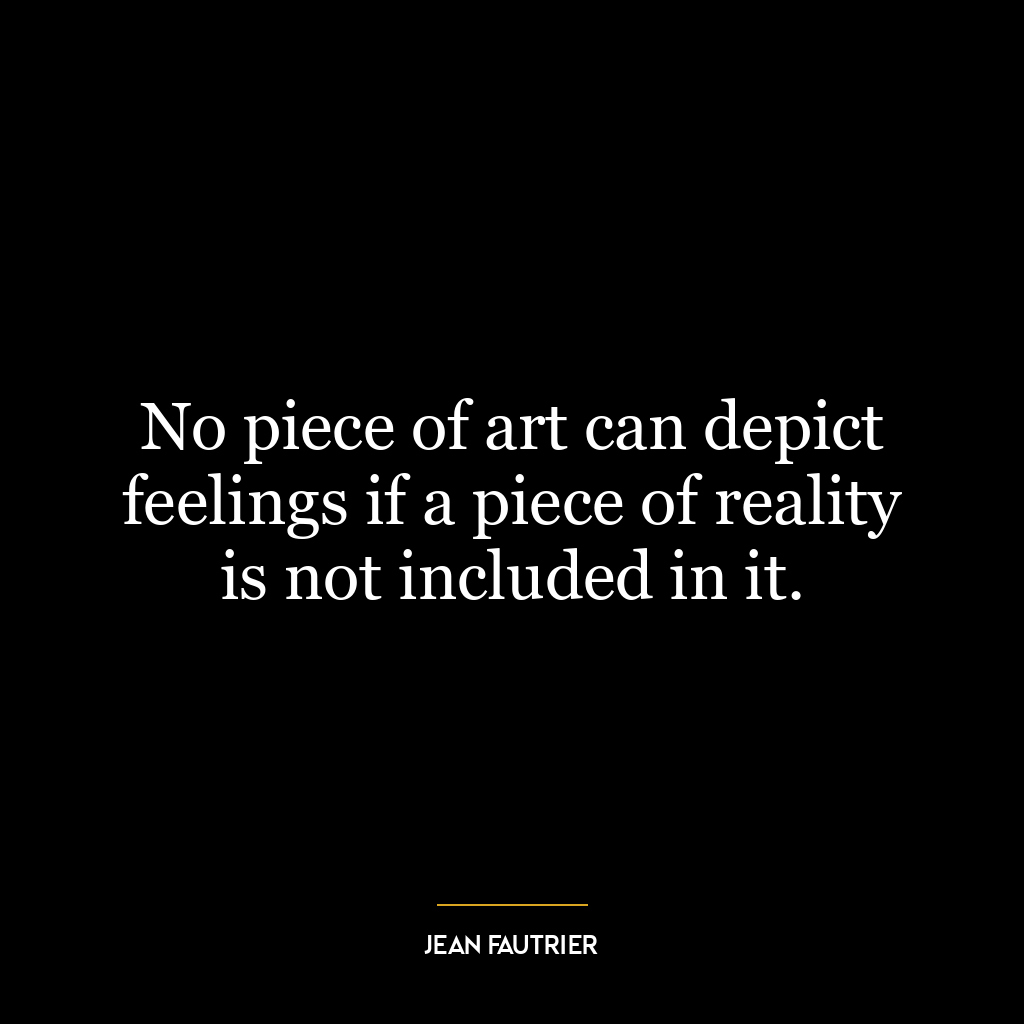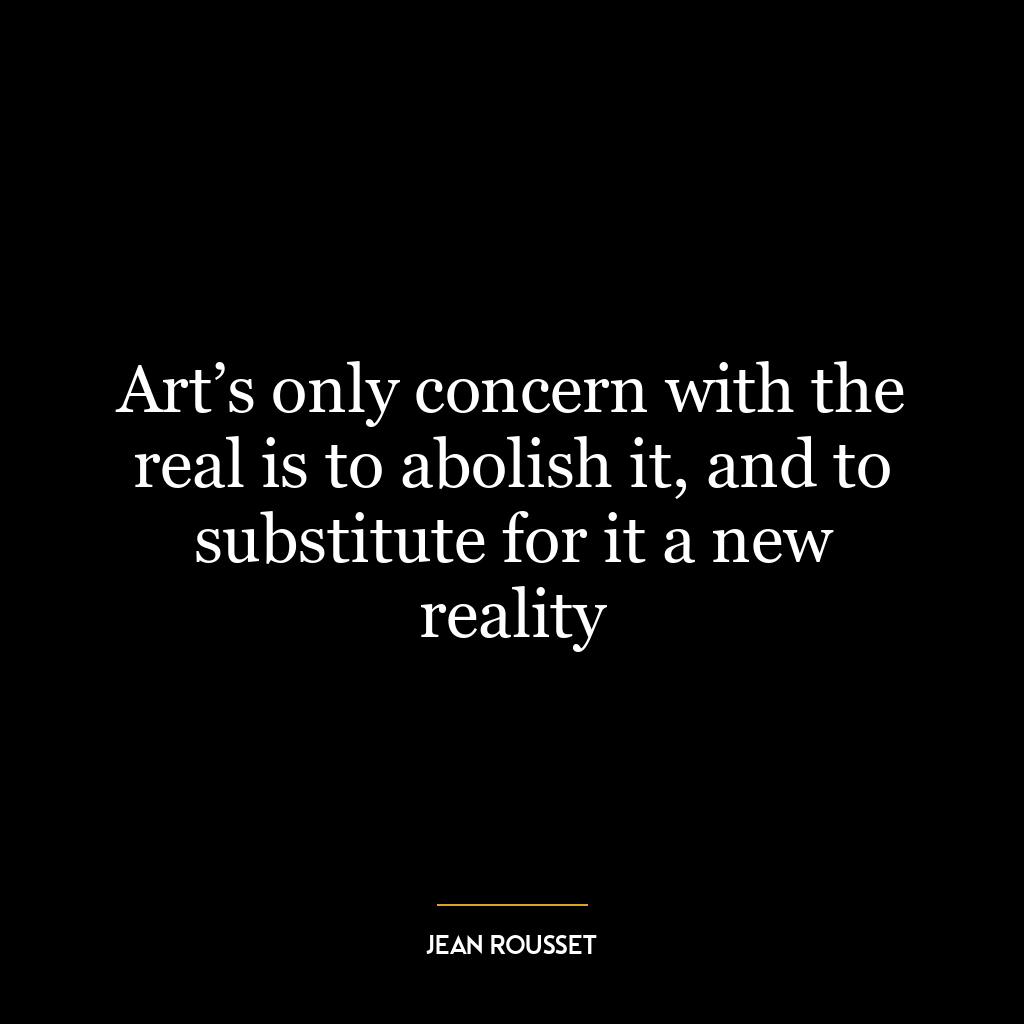FEAR is an acronym in the English language for ‘False Evidence Appearing Real’.
The quote “FEAR is an acronym in the English language for ‘False Evidence Appearing Real'” is a profound statement that offers a unique perspective on the nature of fear. It suggests that fear is not a response to actual, immediate danger, but rather a reaction to our perception of a situation, which may or may not be based on reality.
In essence, fear is often rooted in our interpretation of events, not the events themselves. We create an image or a story in our mind that something bad will happen, even though there’s no concrete evidence to support this. This false evidence can seem very real in our minds, and as a result, we experience fear.
Applying this idea to today’s world, we can see how fear often dictates our actions and decisions. For instance, the fear of failure might prevent someone from pursuing a new career opportunity or starting a business. This fear is based on the imagined evidence of failure, not on actual failure.
Similarly, fear can impact our personal relationships. We might fear rejection or abandonment, creating scenarios in our minds where our loved ones leave us, even though there’s no real evidence to suggest this will happen.
In personal development, understanding this acronym can be a powerful tool. By acknowledging that our fears are often based on false evidence, we can challenge them and make decisions based on reality, not imagined scenarios. This can lead to more rational decision-making, increased confidence, and a willingness to take risks.
Moreover, this perspective can help us manage anxiety and stress, as we learn to differentiate between real threats and imagined ones. It encourages us to question our fears, to look for concrete evidence before reacting, and ultimately, to live more in the present rather than in the fearful future our minds often create.
In conclusion, the acronym FEAR – ‘False Evidence Appearing Real’ – serves as a reminder that our fears are often self-created and not based on reality. Recognizing this can enable us to challenge our fears, make better decisions, and lead a less fear-driven life.










